It’s been a rough month with our sister site being hacked and all, but there is one constant that offers relief from the overwhelming pressures of life, and that is new music on Qobuz. I’m sure that others experience the same thing on other streaming services, but Qobuz seems to cater to my particular tastes in music which is slightly deviant from the norm, so it is with some irony that the first thing to catch my eye was Lorde’s new album “Solar Power”.
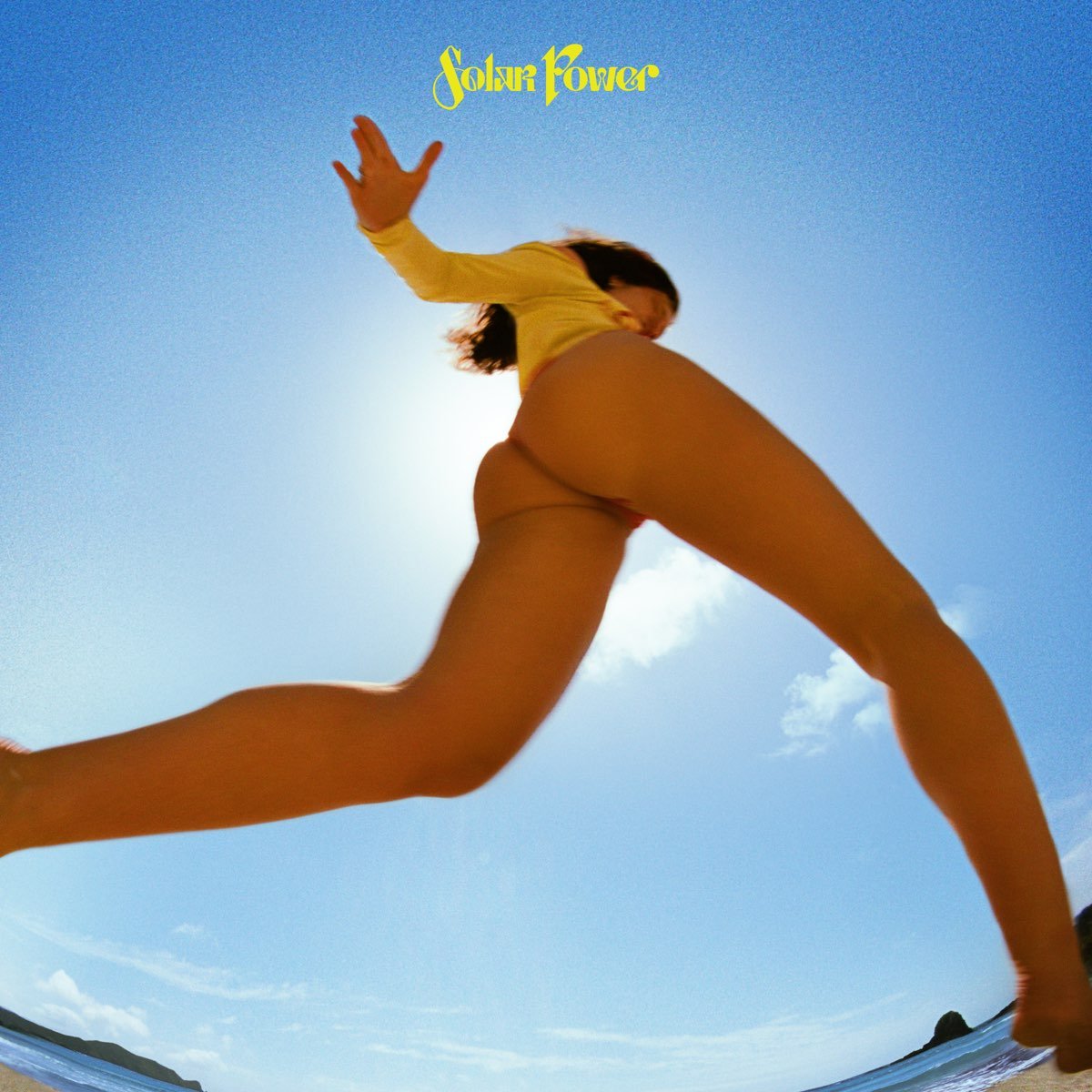
The overriding impression was pleasant, not heart-rending, exciting, or exceptionally brilliant, but definitely pleasant, with a slightly ambient backdrop and a lot of plucked instruments along with the complex rhythm that that implies. Though this theme is launched with the first track “The Path”, it is exemplified by “Stoned At The Nail Salon”, which may also capture the soul of the work in its lyrics. The layering of instruments, each reproducing its own melody, speaks of a complexity of composition not readily apparent as a first impression. There is a certain nostalgia for innocence lost packed in the words of each song but strongly expressed in “Secrets From A Girl (Who’s Seen It All)”. Though there aren’t any Pop Hit songs like “Royales”, I think most fans will like this album and it well deserves a listen even if you aren’t a fan.
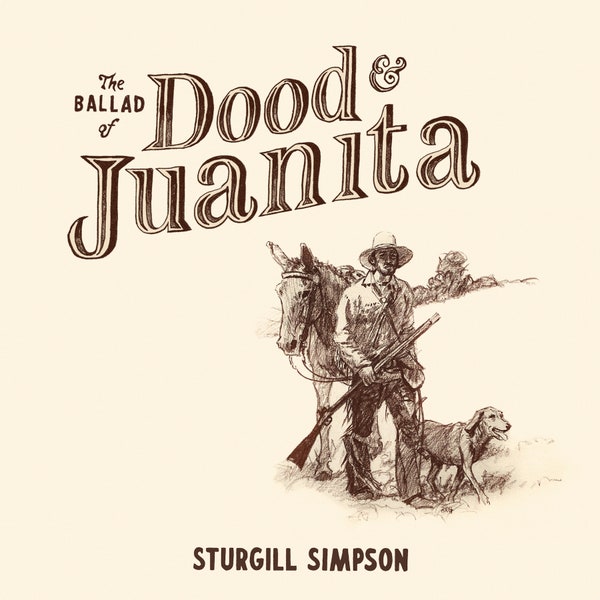
Album covers are really the first contact for the browser and “The Ballad of Dood & Juanita” by Sturgill Simpson is the one that caught my eye, and the ‘50s/’60s style cinematic Bluegrass fulfilled the promise presented. One is reminded of “Daniel Boone” and “Davy Crocket” by the series of storytelling bluegrass ballads, with virtuoso performances on banjo, guitar, violin, bass, mandolin, guimbard, washboard, spoons, and percussion that paints a picture of a coherent story. A standout piece was “Sam” sung a cappella with intros on guitar between verses and lamenting the passing of a beloved dog.
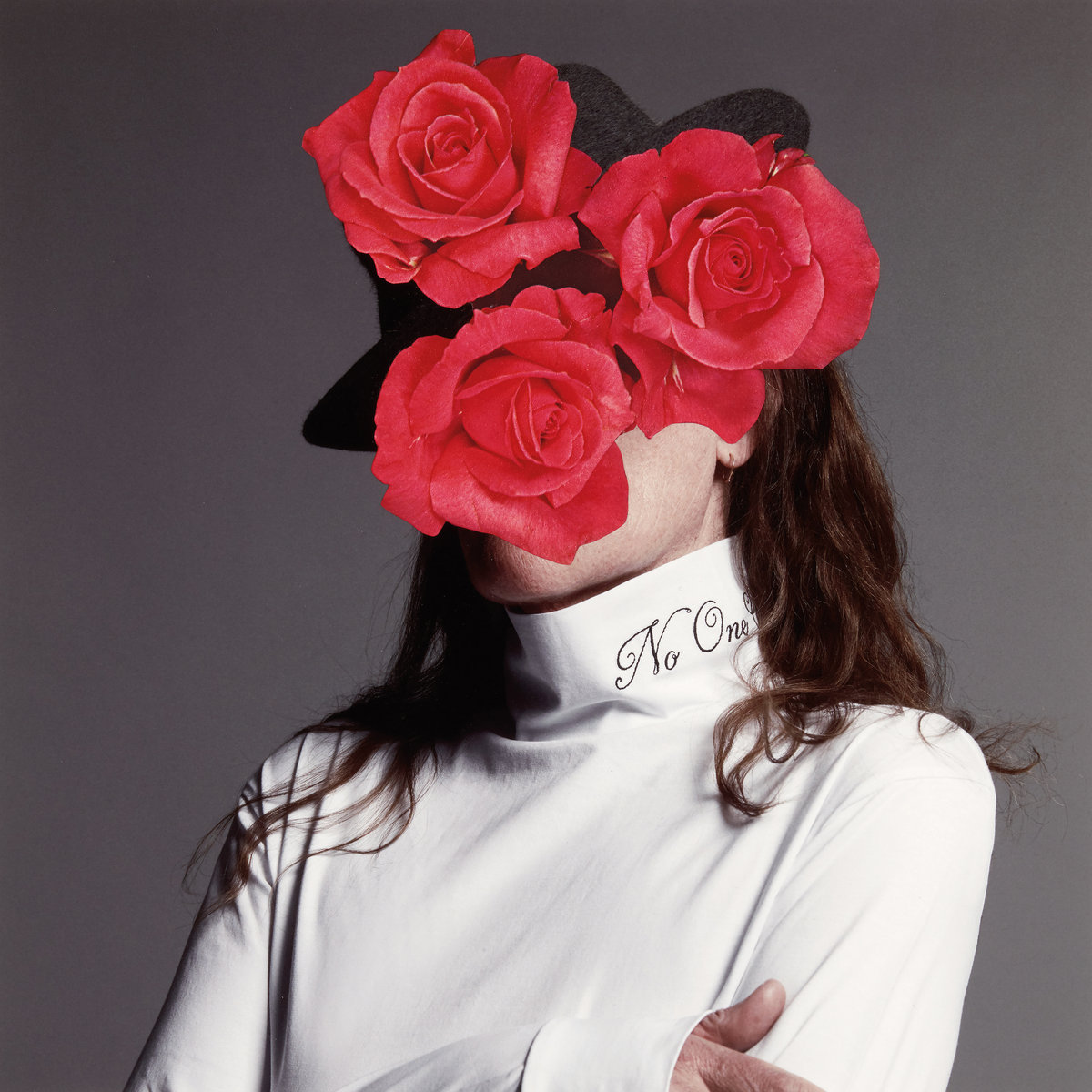
Labeled as Trip Hop, I felt compelled to find out what Leslie Winer was all about. “When I Hit You – You’ll Feel It” began with “When I Was Walt Whitman” which was composed of male whispered voice speaking over a percussive beat with occasional instrumental accompaniment. “N1 Ear” followed that up with a core of anger spoken by a female vocalist again over a basic drum beat that is enhanced by a bass riff and expanding percussion, with random solo bass and layers of vocal, defined by the line that lent the album its title. “Tree” offers up some interesting Asian instrumentation again presented as an ambient background to whispered female vocals. One is brought to mind of Laurie Anderson with a lot more anger. “Dream 1” actually divulged a couple refrains of sung vocal. “Dunderhead” featured a more traditional plucked guitar, drum kit ride backing the whispered vocals of Purity Supreme that leads up to a crescendo of piano, bells, and guitar. The most interesting song was “Hold On Postcards” which began with distant piano in the background with sung vocal accompaniment and some ambient keyboards all underneath the primary whispered vocal. The formula remained the same throughout the album only the background music changed, some more pleasant than other such as “Box”. The ironic closing song was “Fragment #2” as it summed the feel of the album snippets of sound with spoken poetry over the top not a whole lot unlike Captain Beefheart.
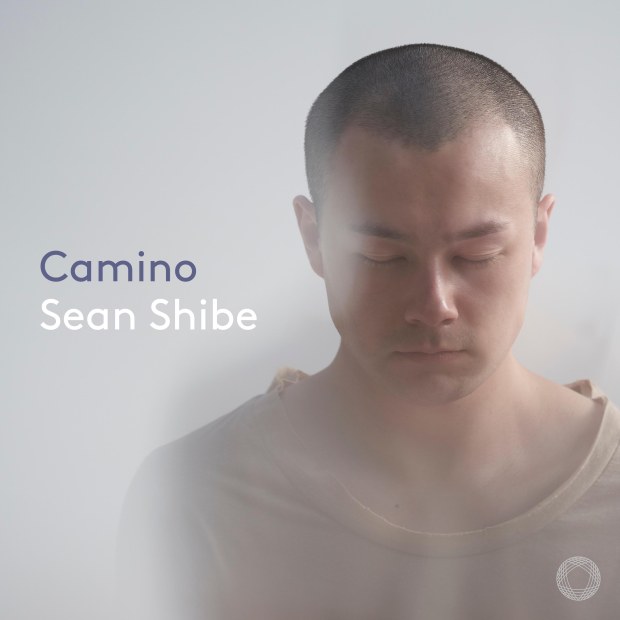
After Leslie Winer I need to clear my palate and I could have chosen no better than “Camino” by Sean Shibe, a selection of expertly performed classical guitar pieces presented in 24-bit/192kHz. With the exception of Antonio José’s “Guitar Sonata – III Pavana triste”, and Francis Poulenc’s “Sarabande for Guitar, FP 179” most of the pieces were orchestral arranged for guitar. Federico Mompou was the primary source of composition; “Cançons i danses; No. 10a, Canço. Larghetto molto cantabile, No. 10b, Dansa. Amabile, No. 6a, Canço. Cantabile espressivo, No. 6b, Dansa. Ritmado”, “Suite Compostelana; I. Preludio, II. Coral, III. Cuna, IV. Recitativo, V. Canción, VI. Muñeira”, with Manuel de Falla; “El sombrero de tres picos: Danza del molinero”, “Homenaje; Le tombeau de Claude Debussy” and Ravel; “Pavane pour une infante défunte” filling out the bill. Stunningly beautiful is really all I can say about this recording.
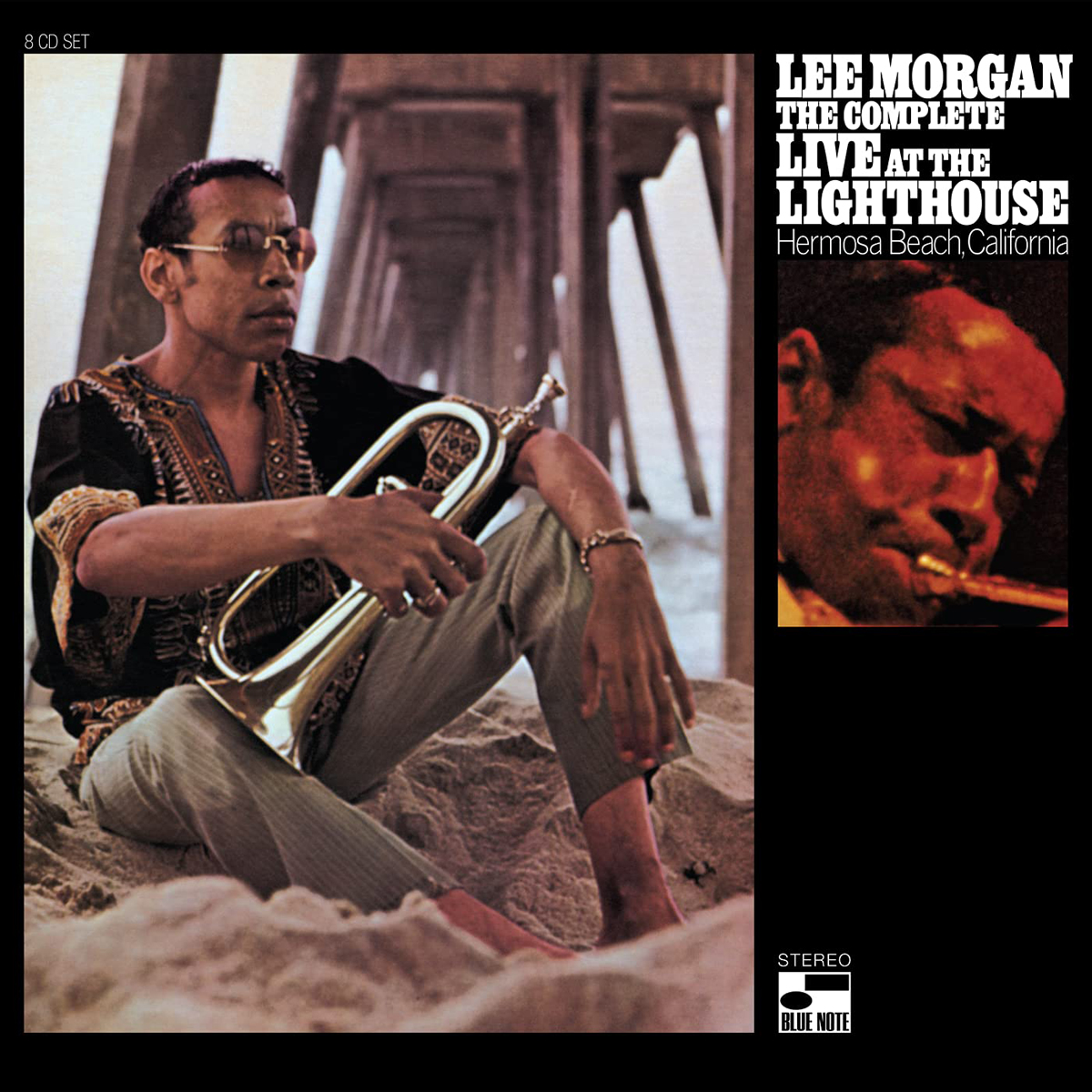
To finish on an upbeat note I went for a little jazz. “Lee Morgan: The Complete Live At The Lighthouse, Hermosa Beach California” (July 10, 1970 – July 12, 1970 – 24-bit/192kHz) features Lee Morgan – trumpet, flugelhorn, Bennie Maupin – tenor saxophone, flute, bass clarinet, Harold Mabern – piano, Jymie Merritt – electric upright bass, Mickey Roker – drums, and Jack DeJohnette – drums. Despite a slightly pretentious intro, the music was stellar, upbeat, and fast. The track listing included all new songs at the time, “Introduction by Lee Morgan”, “The Beehive”, “Absolutions”, “Peyote”, “Speedball”, “Nommo”, “Neophilia”, “Something Like This”, “I Remember Britt”, “Aon”, “Yunjanna”, “416 East 10th Street”, and “The Sidewinder”. It is an eight disc set presenting all three days of perfomance which means multiple different performances of each song, so if you want a mellower version of say “Yunjana” you can listen to the July 11th set 1 version.
It’s been another month of pleasant discoveries. So while Lorde has grown up a little, I don’t think they’ll go away anytime soon. Sturgill Simpson offers up exactly what he intended and promised a nostalgic tall tale wrapped in a blanket with a warm cider. And I still don’t know what Trip Hop is, I mean I get the Trip part, but there wasn’t much Hop, though that could be for the better. I went into Leslie Winer expecting to hate it and found something interesting. Though I can’t say I like it (which is odd given that it is so reminiscent of things I do like, such as Baz Luhrmann’s “Wear Sunscreen”), and am not likely to listen to it again, much less the 10 or so times necessary to get the full impact of the lyrics. Maybe it’s the anger, though anger is not new to music, blues is based in anger (can we say “Strange Fruit), and then there is The Who and their ilk, Punk Rock, and let’s not forget Alanis Morisette who’s anger is so palpable that it inspired one of my songs. Maybe it is the whispered poetry, which is good for a song or two, but as a motif just becomes background noise and an annoyance.
There is not enough praise to laud upon Sean Shibe serving up a performance that is not meant to impress but to soothe and entertain. As for Lee Morgan, what can I say, all the jazz you can eat and more. So until next month, remember it’s all about the music.

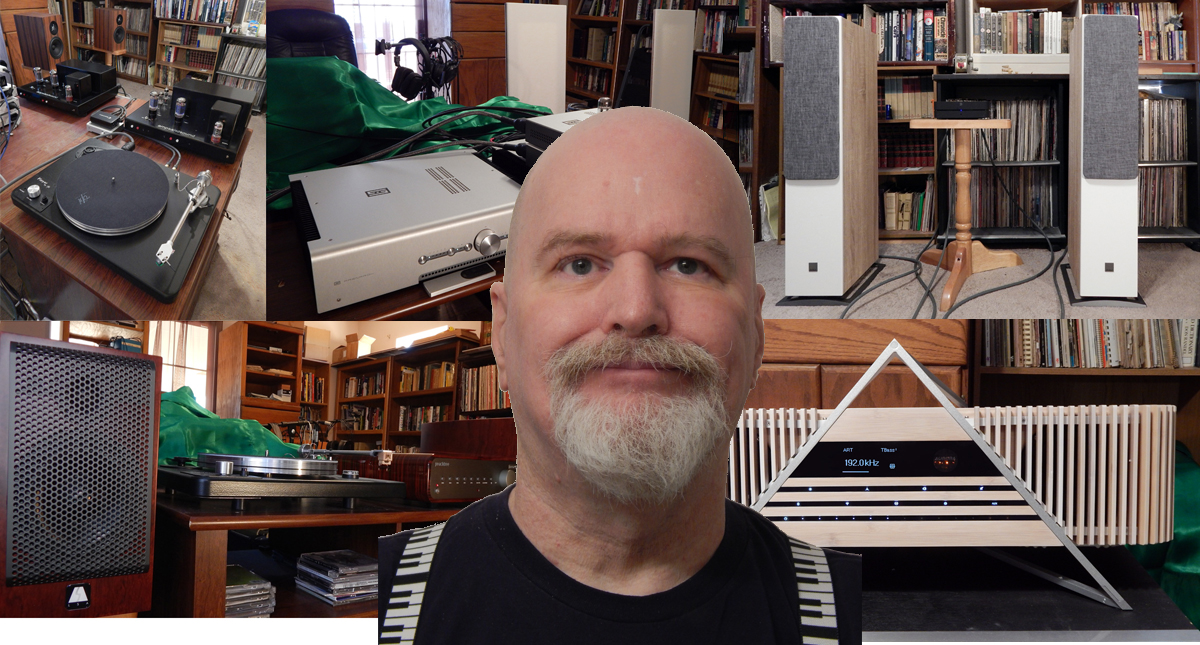






Leave a Reply
Want to join discussion?
Feel free to contribute!